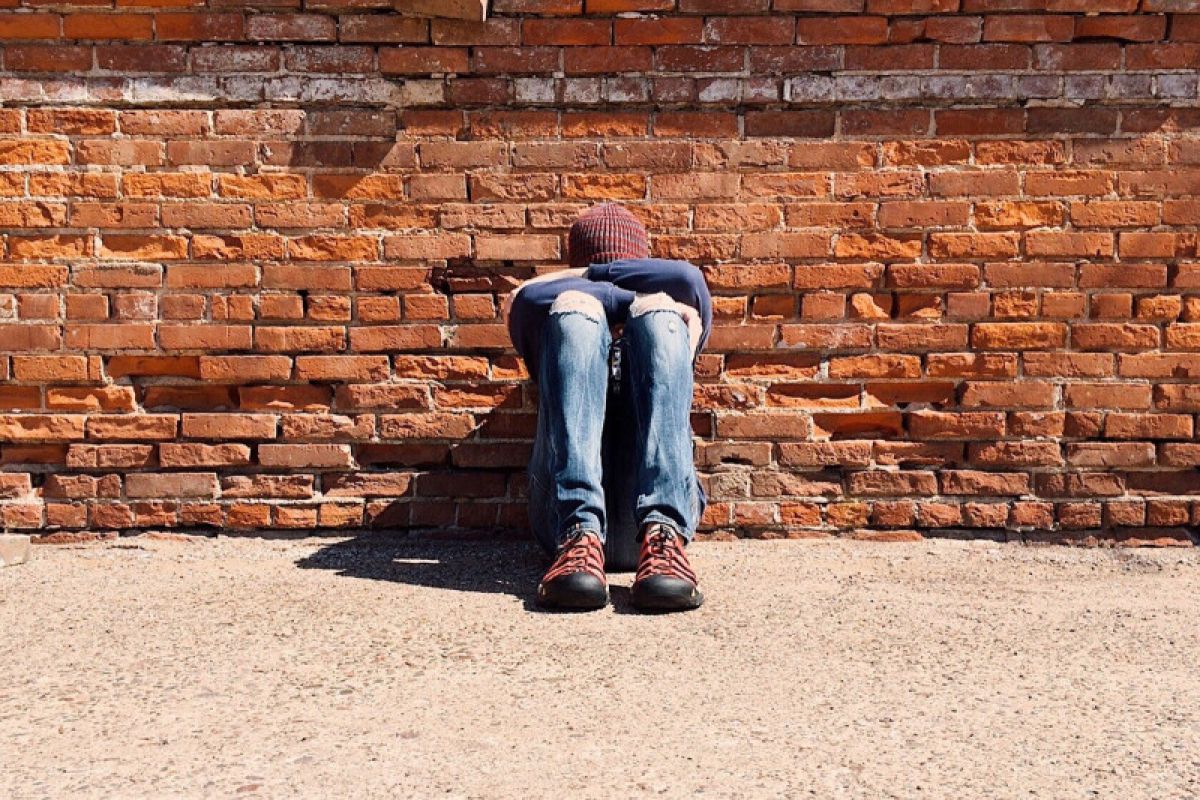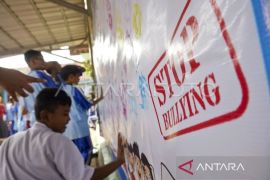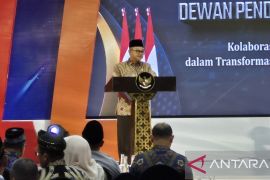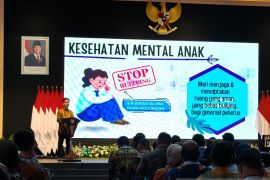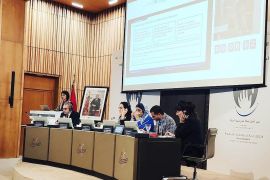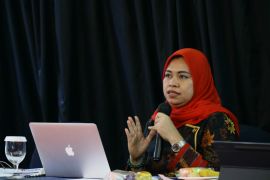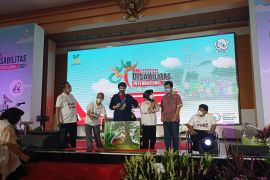Adult clinical psychologist from the University of Indonesia, Pingkan Rumondor, S.Psi, M.Psi stated that during this pandemic, bullying occurred online, especially in the workplace environment. It took place during online meetings, with participants making harassing comments, sending gossip-filled e-mails, and engaging in such behavior telephonically.
Rumondor cited a 2020 study by an organization that showed an increase in the number of respondents that complained of harassment and humiliation based on gender, ethnicity, and age during the pandemic.
She remarked that from a psychological perspective, some aspects perpetuate bullying at the workplace, such as an authoritarian leadership style and a vulnerable work environment triggering stress among employees.
In addition, some people still follow the collective culture that prioritizes harmony. A witness to bullying can think of reporting an incident that he or she sees as an attempt to disrupt harmony.
"For instance, as a witness, when I saw that bullying took place, I (would think) 'Ugh, should I report it?' because when I confront it, I am putting myself in a conflict," Rumondor noted during a webinar on International Day of Tolerance, as written on Tuesday.
The psychologist affirmed that such a thought process can make it difficult for someone to come forward to intervene the bullying behavior.
Another factor contributing to bullying included the culture of putting up with seniority in some organizations. More senior employees need to be respected, as their rank is higher than the new ones. In this case, several parties look to deliberately demean the others.
She remarked that three aspects -- intentional, repeated, and an imbalance of power -- defined bullying. For instance, one party feels superior, while the other senses inferiority.
She further elaborated that from the perpetrator's point of view, although sometimes he admits to being unaware of his behavior hurting the sentiments of other people, there must be rationale to his actions. There could be a sense of inadequacy or self-shame that he is attempting to cover up by bringing down others.
In other words, bullies are actually very uncomfortable with themselves. Thus, they will attack or target people they think are inferior in order to avoid feeling that way.
What are the impacts for those who are bullied? They could be plagued with negative thoughts, such as suspecting something is wrong with them and giving in to a sense of doubt that hinders their productivity. As a result, this negatively impacted their mental health.
Mental health problems can also affect physical health. Stress that continuously lingers can disturb sleep quality, and in turn, it would trigger various diseases, such as high blood pressure and ulcers.
Moreover, bullying has an impact on the financial condition of the victim as indicated by various studies. Some people will attempt to seek professional help, especially if their place of work provides health compensation or insurance related to mental health.
As a result, they will spend twice as much on mental health care as compared to non-bullied people.
Meanwhile, for companies where bullying persists, there are several negative impacts. The longer the bullying lasts, greater is the likelihood of a violation against law, thereby tarnishing the good name or bringing down the honor of the institution or company.
She firmly stated that bullying, including at the workplace, should be eradicated.
People with disabilities are the target
Generally, people from the minority segment are the common prey or target of bullying. Nicky Clara, a womanpreneur with disability, said that these include friends with disabilities.
Clara said that some fellows with visual disability had a very apparent or obvious limitation, thereby increasing their vulnerability to bullying. She even admitted that bullying for those with disabilities is akin to meals consumed daily.
There are various forms, ranging from verbal to non-verbal, including the use of physical violence.
Clara cited as an example her own experience at a shopping center. She caught people talking about her prosthetic leg, all while whispering and pointing at the feet. They also displayed their expressions of astonishment or wonder at Clara's condition.
During her school days, she was dubbed as 'doll's leg', 'prosthetic legs', 'limp' and 'disabled', all in ridiculing manner. Some even went to worse lengths, such as pulling Clara's prosthetic leg, causing her to fall.
In another instance, she found people, who blatantly chuckled when their disabled friends used sign language.
What can be done about this? Without being rude, she usually approached the people, who were talking about her, and asked if they had anything to ask, all with a smile.
Fabelyn Baby Walean, a volunteer with the Sudah Dong (Enough, Please) community since 2014, has conducted an educational campaign related to bullying, especially at the workplace, through social media. This was done while bearing in mind that bullying was commonly experienced by those with disabilities.
Walean and his team provided education to everyone, including an understanding of actions that constituted bullying. A year later, they released an e-booklet containing a guide against bullying.
Now, the community is also opening up opportunities for collaboration with companies to conduct anti-bullying campaigns in the workplace.
Efforts to eradicate bullying, including at the workplace, also require company assistance. Head of Communications of PT Unilever Indonesia, Tbk, Kristy Nelwan, believes that the company can implement three key measures as a form of commitment to fight bullying at the workplace.
Respect, Dignity, and Fair Treatment (RDFT), for instance, is the company's code of ethics to ensure all employees work in an environment that promotes diversity and mutual trust, respects human rights, and provides equal opportunities for everyone indiscriminately.
Nelwan stressed that the company could take firm action against offensive, intimidating, or insulting behavior, including all forms of harassment or bullying based on differences in race, age, gender, role, religion, physical condition, social class, and even political views.
"Hence, we are very much against an intimidating, ostracized work environment," she highlighted.
Related news: Palangka Raya to apply anti-bullying program in schools
Related news: Komnas HAM deems legal protection not yet optimal for disabled
Related news: Ministry to ensure equal treatment, rights for disabled people
Translator: Lia W S, Mecca Yumna
Editor: Sri Haryati
Copyright © ANTARA 2021
